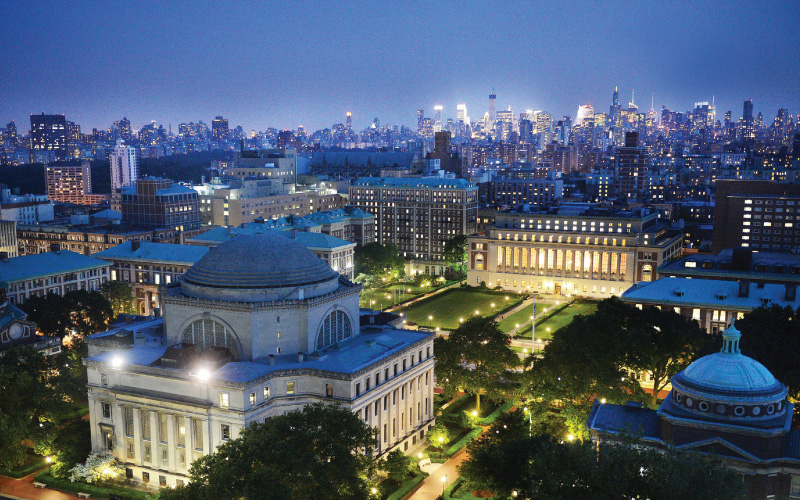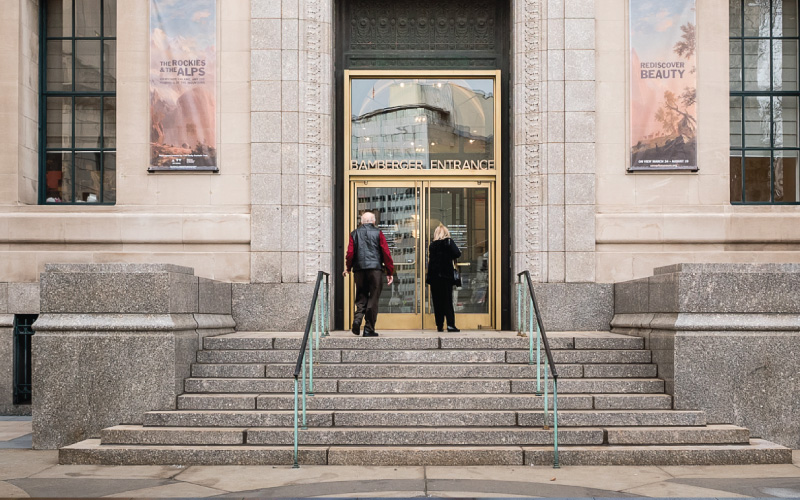
Four Kitchens, a fully distributed web development agency that began in Austin, TX, is combining forces with Advomatic, a digital agency in New York City.
 Details about the work we did for Columbia University School of Professional Studies
Details about the work we did for Columbia University School of Professional Studies
The goal of the SPS website redesign was to boost the cachet of SPS as one of the premier institutions for executive and professional higher-ed programs.
 Details about the work we did for The Newark Museum of Art
Details about the work we did for The Newark Museum of Art
Advomatic updated the colors, fonts, common elements, and a few other elements of The Newark Museum of Art's website. With a new bright color scheme, it definitely created a “refreshed” website.